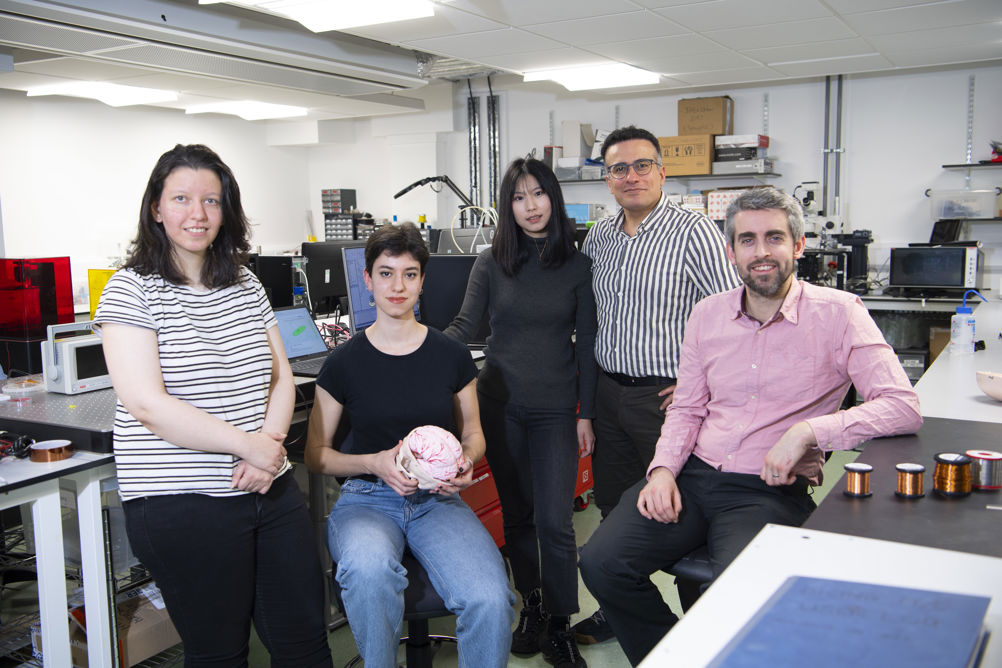Led by Tor Vergata University of Rome, Crossbrain is backed by the European Innovation Council under the Horizon Europe programme. Over the course of its four years, the project will develop tiny robots about one-tenth of a millimetre long, made using nanomaterials that enable specific physical properties. When implanted in the brain, the nanobots will be linked to a small, wearable control unit, with the system capable of monitoring and modulating electrical brain activity.
Related content
“The technologies available to guide and modulate brain activity in a precise and selective way for therapeutic purposes are severely limited to date, considerably reducing the therapeutic options,” said Crossbrain principal investigator Professor Nicola Toschi, from Tor Vergata’s Department of Biomedicine and Prevention.
"However, recent advances in nanotechnology could facilitate access to new modalities and innovative paradigms in the field of neuromodulation. Innovation in the field of nanomaterials provides the opportunity to modulate neuronal activity with greater precision and sensitivity. The Crossbrain project aims to create radically new neurostimulation strategies and devices in the field of precision medicine with a key role in the predictive management of brain diseases.”
According to the researchers, the microbots will be able to deliver genetic material on command, enabling cell- and microcircuit-level neuromodulation. The technology will be tested in rodent brains during the later stages of Crossbrain’s development.

UK involvement will see engineers at Glasgow University developing an FBAR magnetoelectric antenna for the microbots' wireless power and data management. This part of the project will be led by Professor Hadi Heidari, from Glasgow’s James Watt School of Engineering. Professor Heidari’s Microelectronics Lab conducts R&D on integrated micro and nanoelectronics design for medical and industrial applications.
“We’re pleased to be part of this ambitious project, which has the potential to pave the way for transformative treatments for pathological brain conditions like epilepsy,” said Prof Heidari.
“Crossbrain brings together leading researchers from across Europe, with a wide range of expertise in bioengineering, artificial intelligence, nanomaterial design and fabrication, and medical physics. I’m looking forward to collaborating with my colleagues to develop this exciting technology in the years to come.”
Other partners on the Crossbrain project include SISSA International School of Advanced Studies of Trieste, Italy; PERC PERCUROS BV, Netherlands; NLB NAMLAB GMBH, Dresden, Germany; FAU Friedrich Alexander Universitaet, Erlangen-Nuernberg, Germany; CIC Associacion Centro de Investigacion Cooperativa en Biomateriales, San Sebastian, Spain; IIT Italian Institute of Technology Foundation, Genoa, Italy and the CSIC Agencia estatal consejo superior de investigaciones cientificas Madrid, Spain.











Guest blog: exploring opportunities for hydrogen combustion engines
"We wouldn't need to pillage the environment for the rare metals for batteries, magnets, or catalisers". Batteries don't use rare...